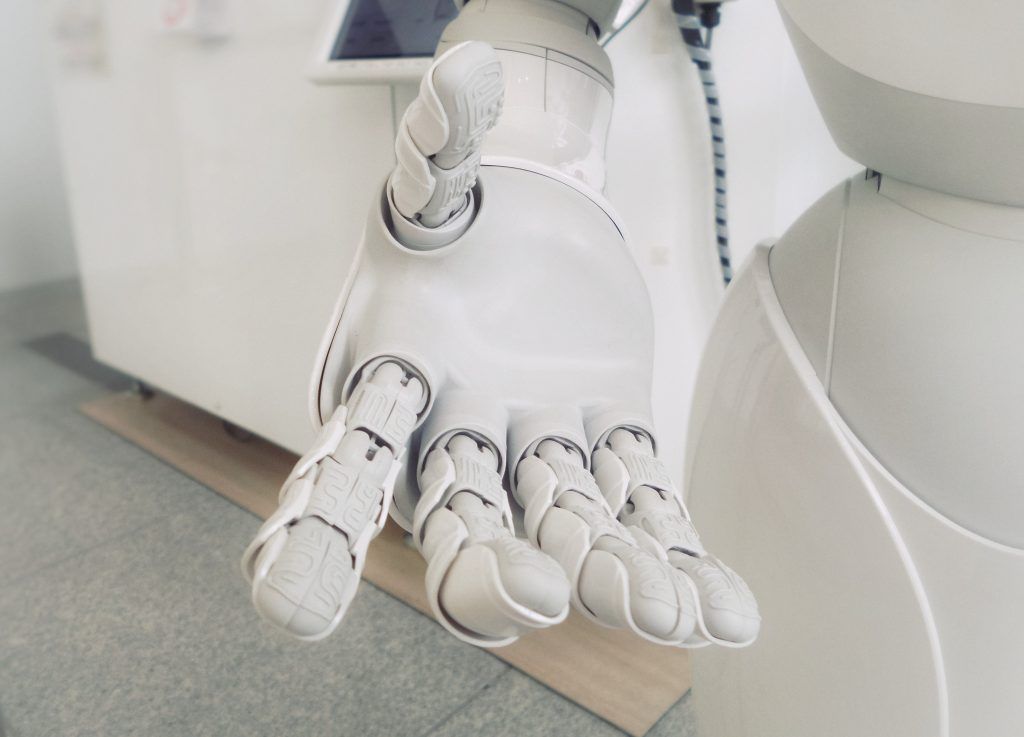Publicaciones relacionadas:
 What future for European robotics?
What future for European robotics?
 Deal on digitalisation of access to justice will benefit citizens
Deal on digitalisation of access to justice will benefit citizens
 Statistics: ICT usage in Europe in 2020
Statistics: ICT usage in Europe in 2020
 Greater circularity in the buildings sector can lead to major cuts in greenhouse gas emissions
Greater circularity in the buildings sector can lead to major cuts in greenhouse gas emissions
 Upskilling for life after the pandemic: Commission launches new digital competence guidelines
Upskilling for life after the pandemic: Commission launches new digital competence guidelines


Leave a Reply